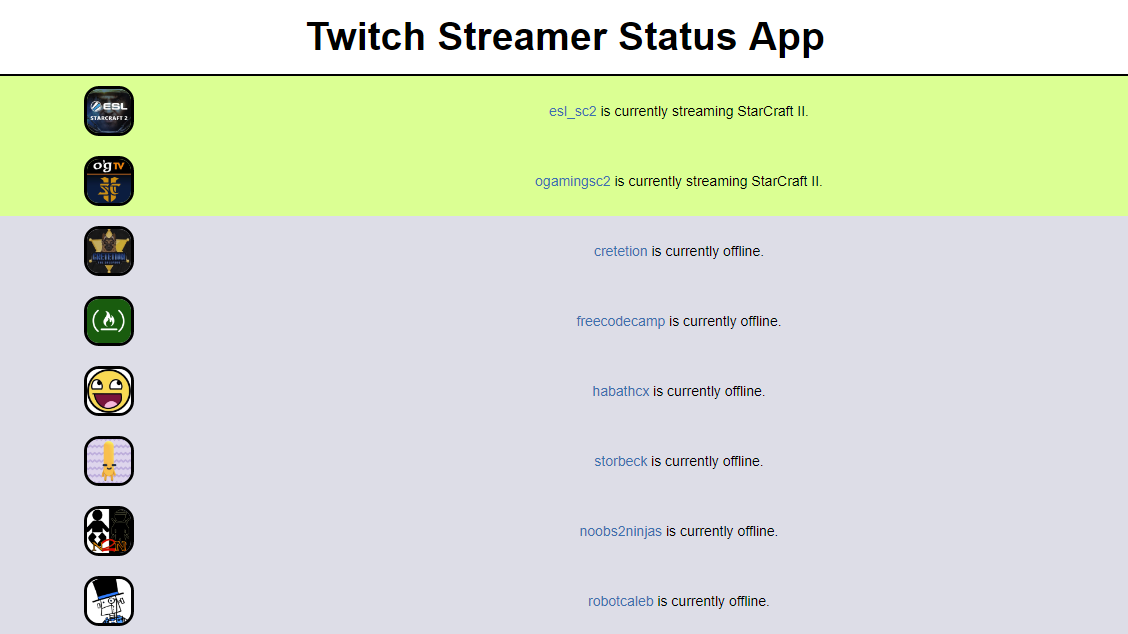

“Developing template engines for Express”.ĭocumentation translations provided by StrongLoop/IBM:įrench, German, Spanish, Italian, Japanese, Russian, Chinese, Traditional Chinese, Korean, Portuguese.Ĭommunity translation available for: Slovak, Ukrainian, Uzbek, Turkish and Thai. To learn more about how template engines work in Express, see: If the view engine property is not set, you will have to specify the extension of the view file, else you can omit it.

html head title title body h1 message Then create a route to render the index.pug file. The view is still re-rendered with every request even when the cache is on. app.set('view engine', 'pug') Create a Pug template files named index.pug in the views directory, with the following content. Note: The view engine cache does not cache the contents of the template’s output, only the underlying template itself. When you make a request to the home page, the index.pug file will be rendered as HTML. You must specify the extension of the view file. It provides the ability to write dynamic and reusable HTML documents, its an open source HTML templating language for Node.js (server-side JavaScript). Then create a route to render the index.pug file.

The example below defines block scripts, block content. Providing default content is purely optional, though. Pug blocks can provide default content, if appropriate. In a template, a block is simply a block of Pug that a child template may replace. app.set('view engine', 'pug')Ĭreate a Pug template file named index.pug in the views directory, with the following content: html Template inheritance works via the block and extends keywords. Library follows this convention by mapping all of the popular Node.js template engines, and therefore works seamlessly within Express.Īfter the view engine is set, you don’t have to specify the engine or load the template engine module in your app Įxpress loads the module internally, as shown below (for the above example). Some template engines do not follow this convention. Which is called by the res.render() function to render the template code. I want to then take that value of that hidden input and put it inside the successRedirect, however it says req is not defined: router.post("/login", body('backurl').trim().escape(), thenticate("local", )īut it just keeps reloading and doesn't work and doesn't go to any URL.Express-compliant template engines such as Jade and Pug export a function named _express(filePath, options, callback), I am trying to render the login page with a message on failure, and if on success I want to redirect the user back to the last page they have been to, of which URL is passed as hidden input inside the pug template.

I am working on the login system using passport.js and express with pug templates.


 0 kommentar(er)
0 kommentar(er)
